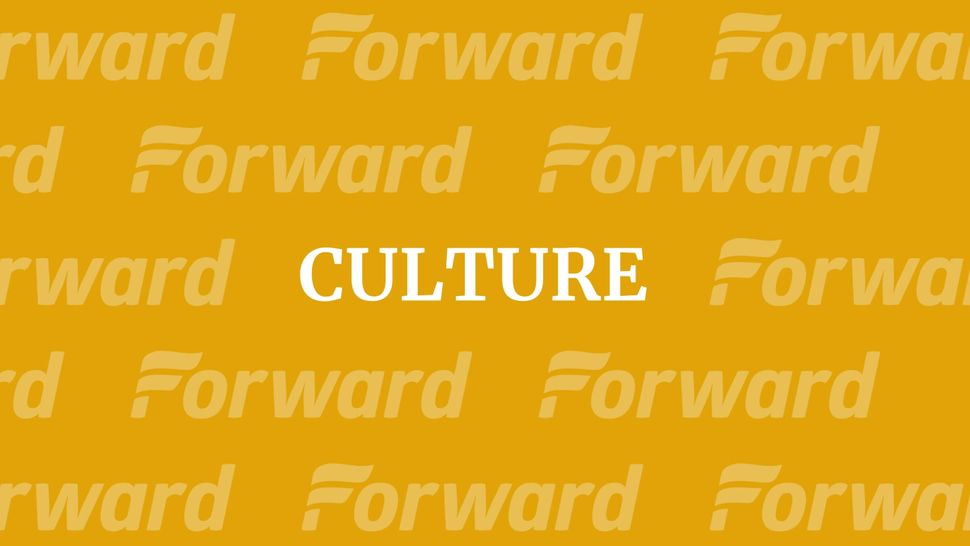Our Russian-Style Seders

Alan Meskin
Every April, in the households of Jewish families, we know that Passover is coming. The holiday that defines our freedom as a people is integral to our history and has become a symbol for our incessant struggle to gain liberty and justice as a free people. Of course those who are religious or are aware of Jewish holidays and traditions know the story of Passover and how it relates to every Jew in one way or another, from our struggles in Persia, survival in Czarist Russia and rebuilding after the Holocaust. But the holiday has struck a chord with the Russian Jewish community more recently.
In my family, as in many other Russian Jewish ones, we experience a scramble when it comes to celebrating religious holidays exactly how it is told to be celebrated. Yet, I think we do a great job at maintaining the main customs while also mixing in some Russian, yet kosher, delicacies. Every year we gather at a family friend’s house and congregate thirty or more people around an extended dinner table. We read the Haggadah, everyone drinks the four cups of wine, dips their green karpas in salt water, breaks apart their matzo, and eats their Hillel sandwich.
Certainly it may seem that our interpretation of Passover is right on point, but we also add in a few Russian salads and begin the meal as quickly as we can (though the kids get upset if we don’t hide the afikoman for them to find!). The asking of the Four Questions and the reading of the stories are an integral part of our celebration as they allow the younger guests at the table to experience our tradition of questioning and seeking knowledge.
I always enjoy Passover most because it has been the most spiritual outside of Yom Kippur as we take the time to reflect on the liberty and greatness of our lives and be thankful for our survival. To Russian immigrants especially, the holiday is a moment when they can think about the recent attainment of independence from the former Soviet Union and how they were let go after years of oppression and hatred. In light of the most contemporary metaphor for Passover, Jews worldwide should continue to tell our ancient story as a reminder of our identity but also as a time for discussion and personal growth.
Alan Meskin, 19, is from Sparta, N.J., and is a freshman at Rutgers University.























